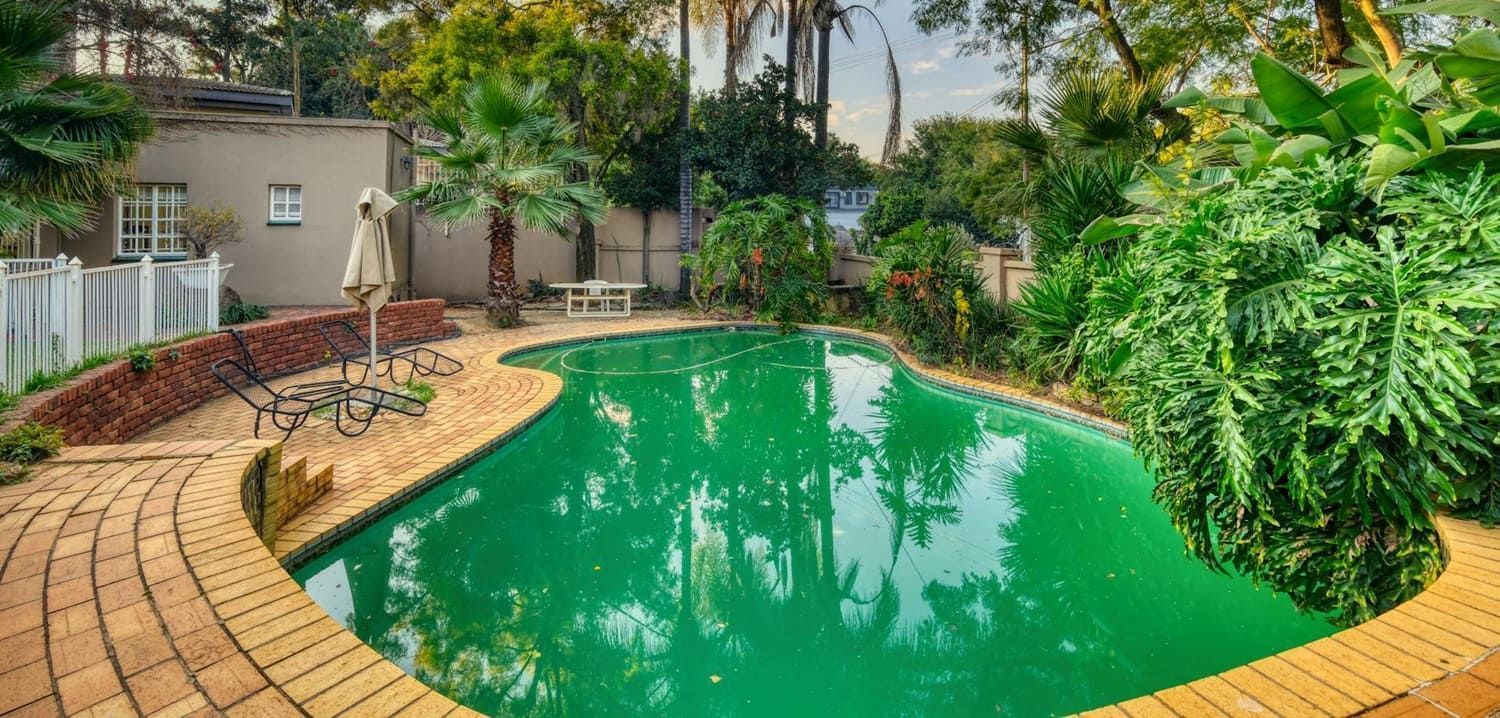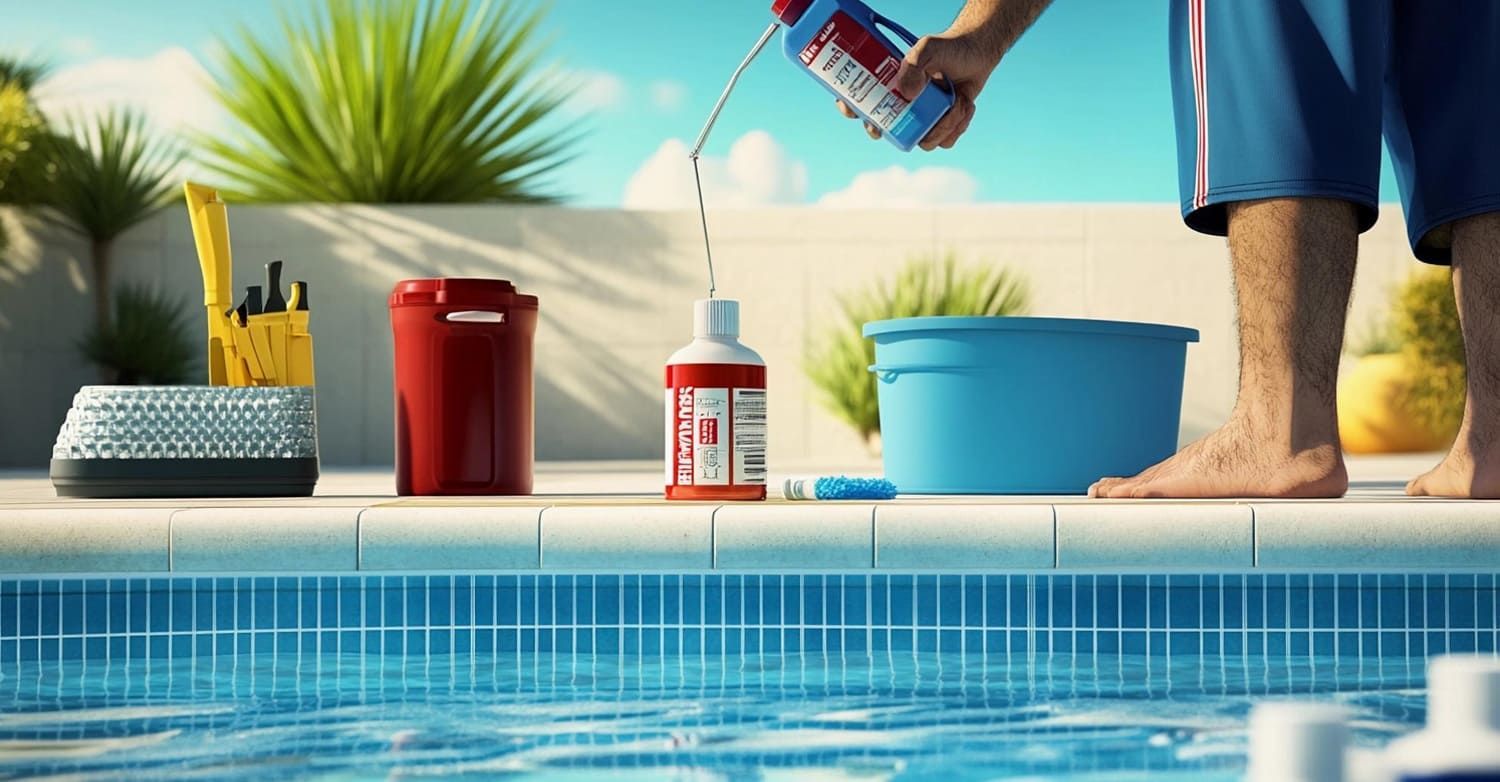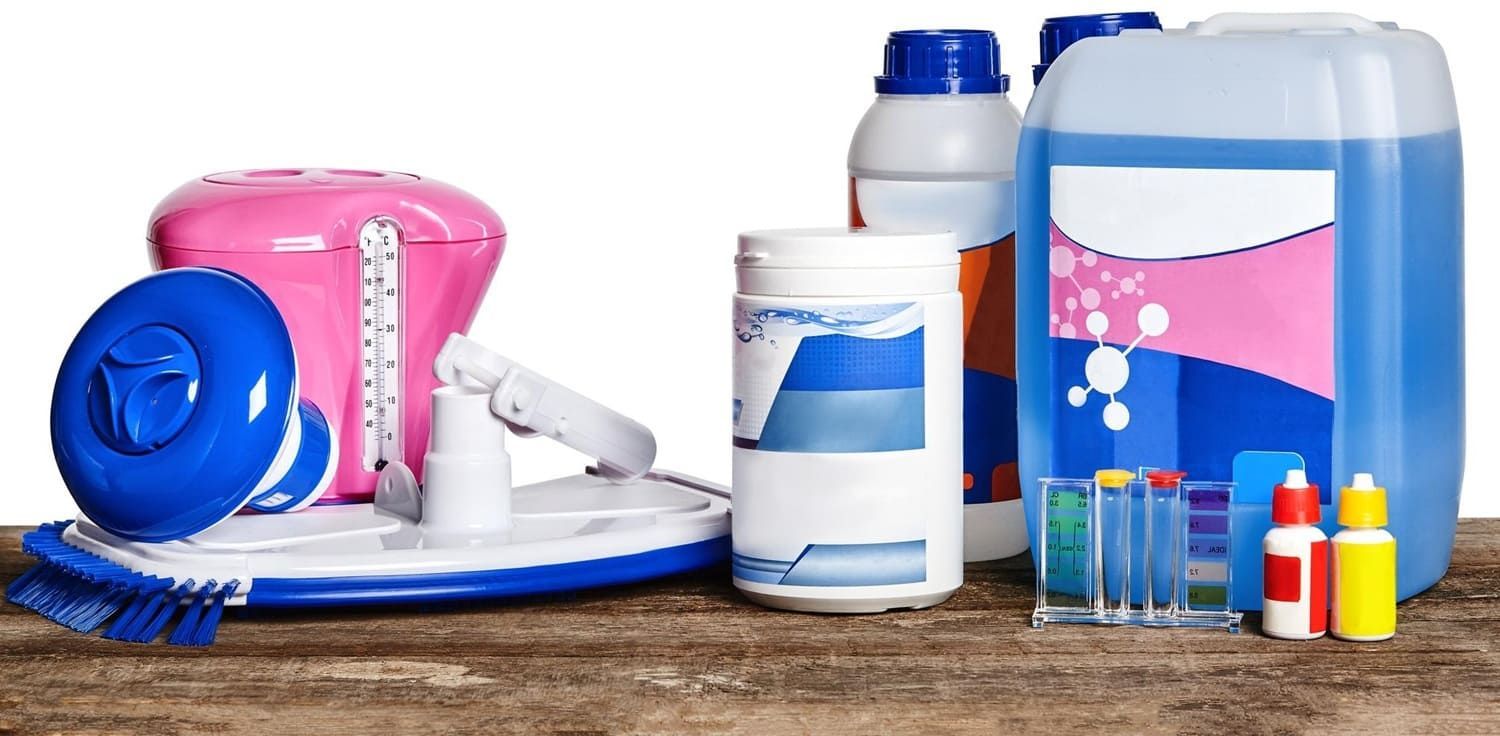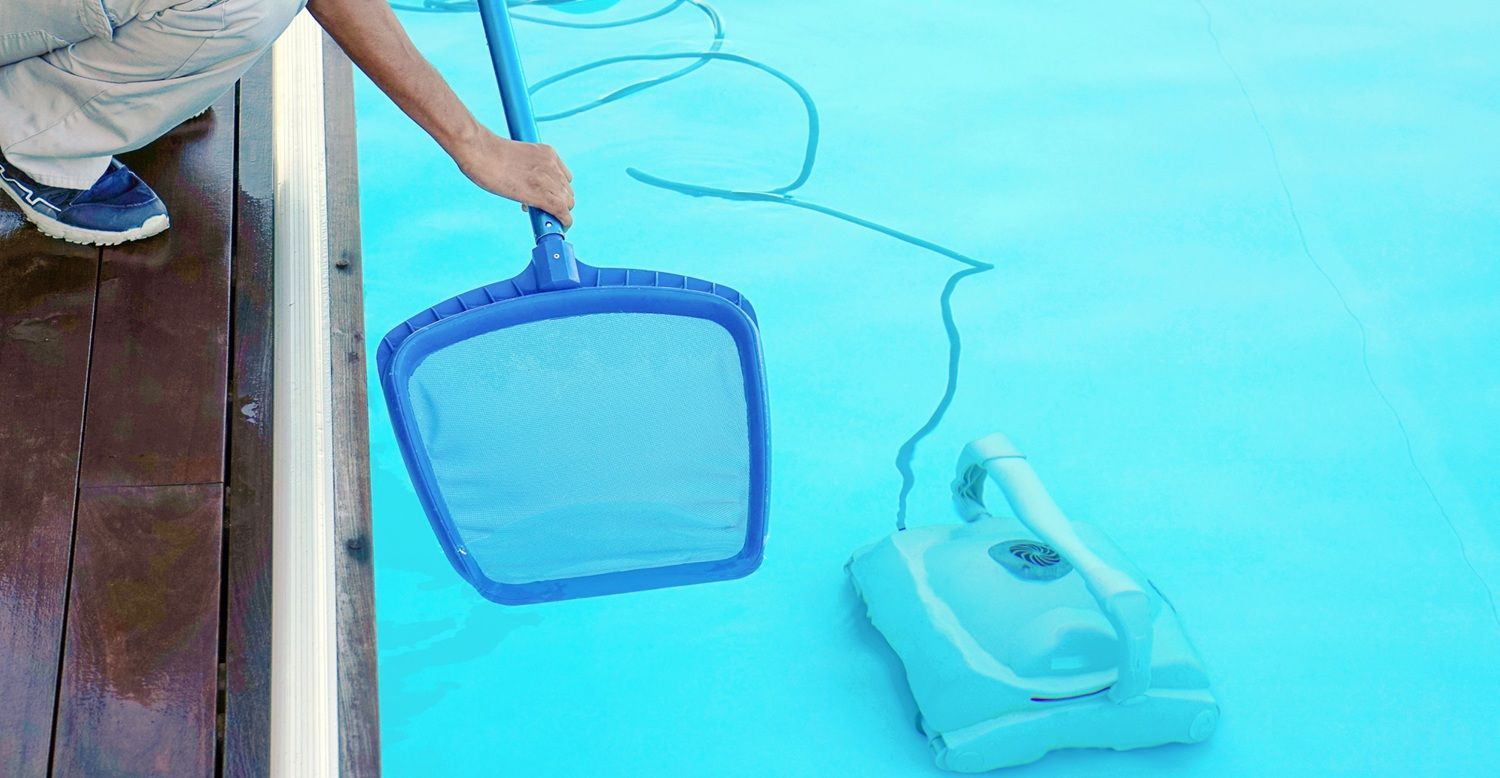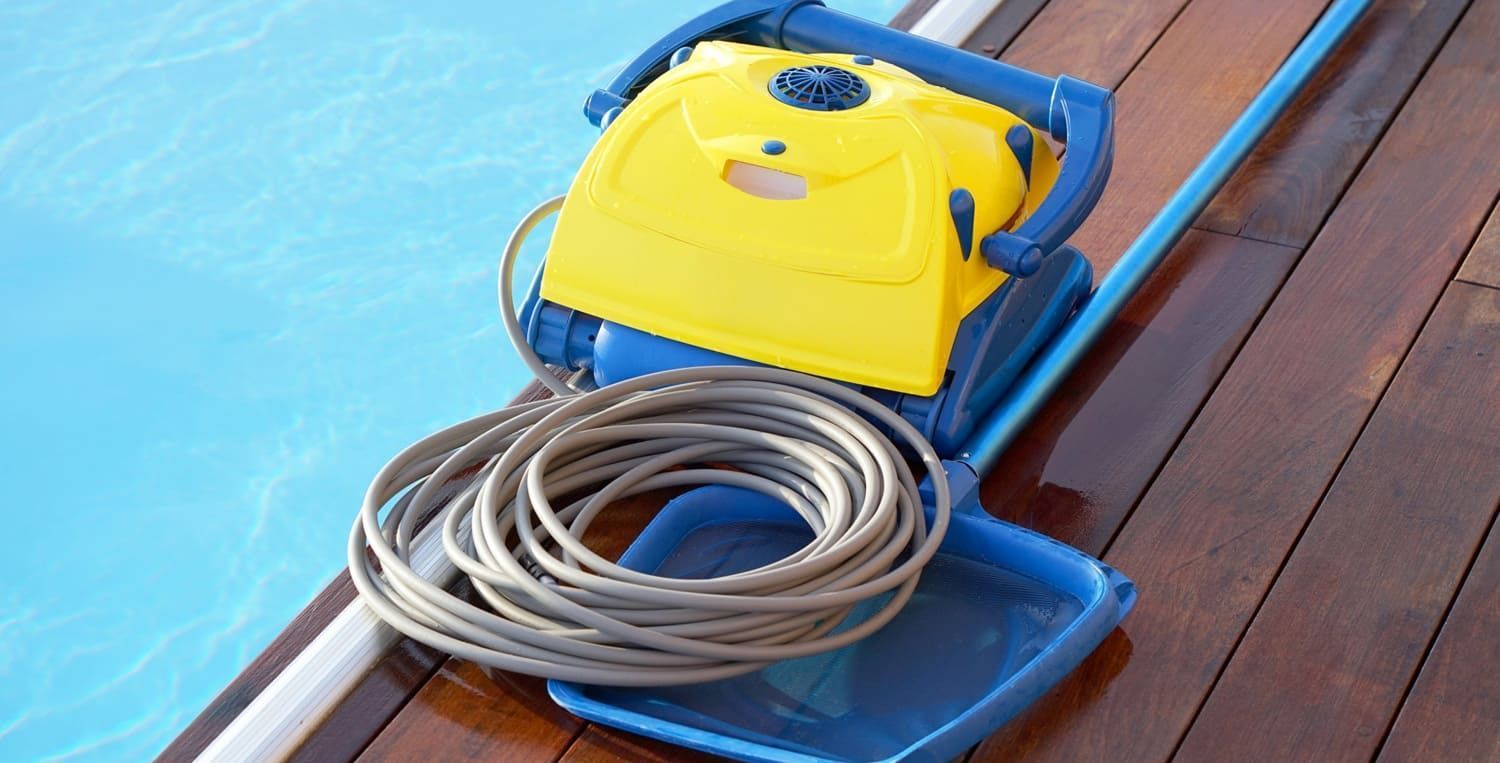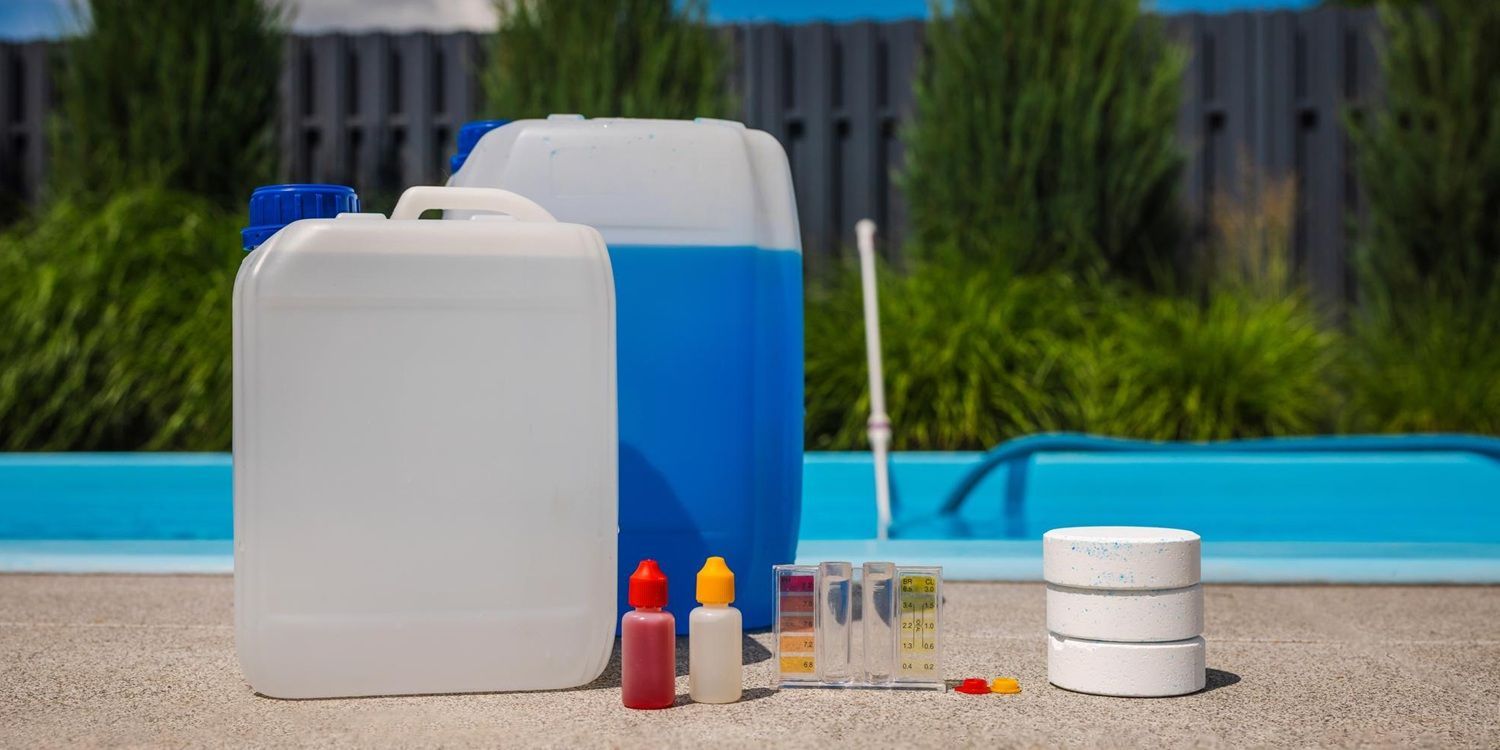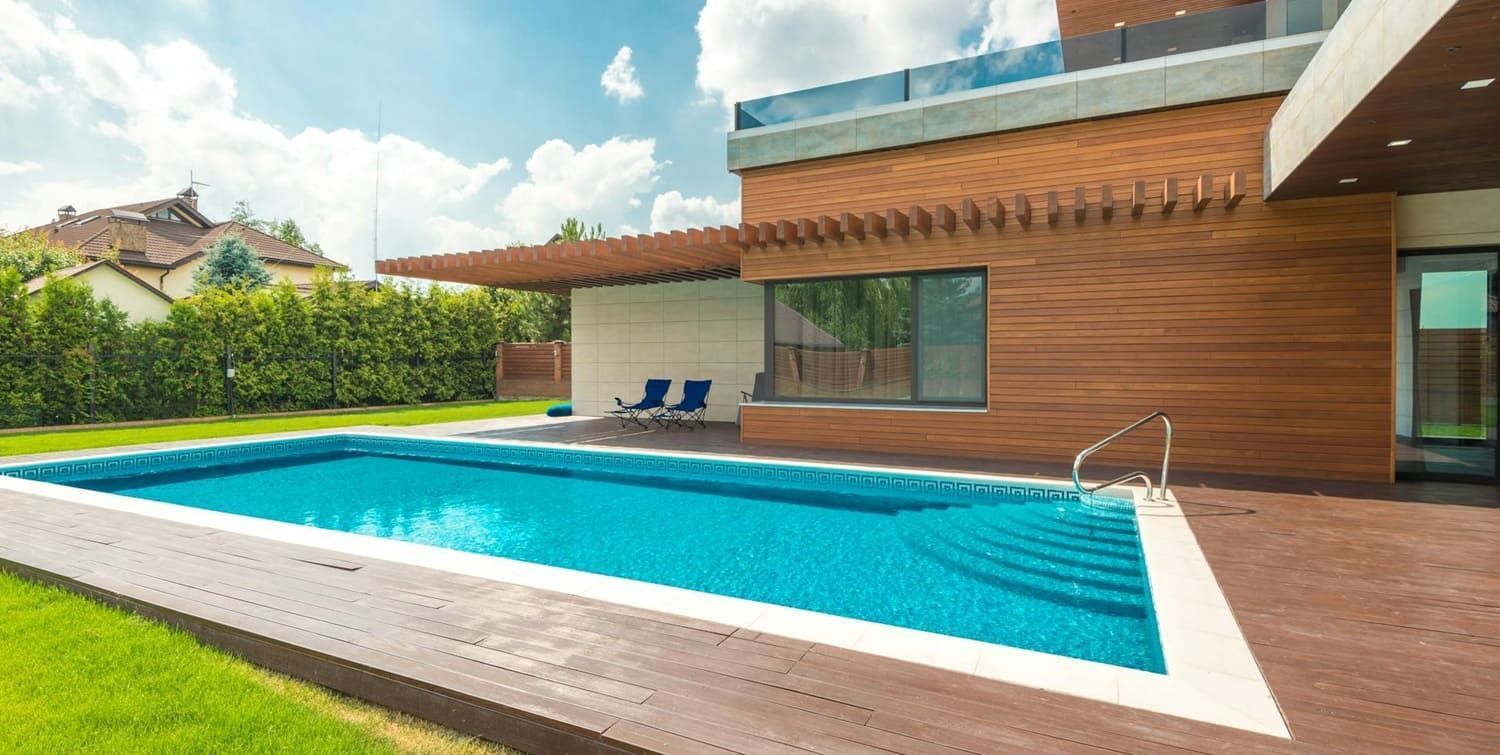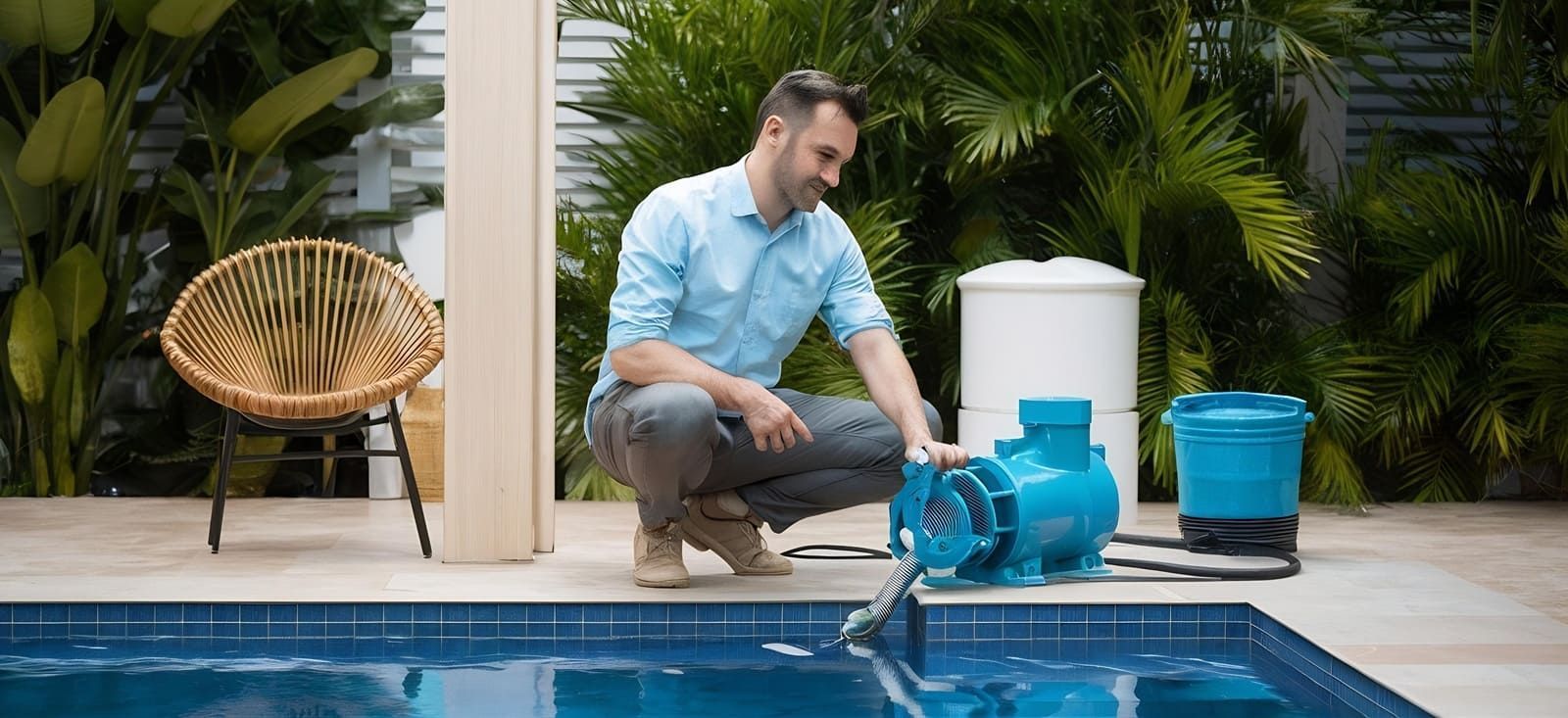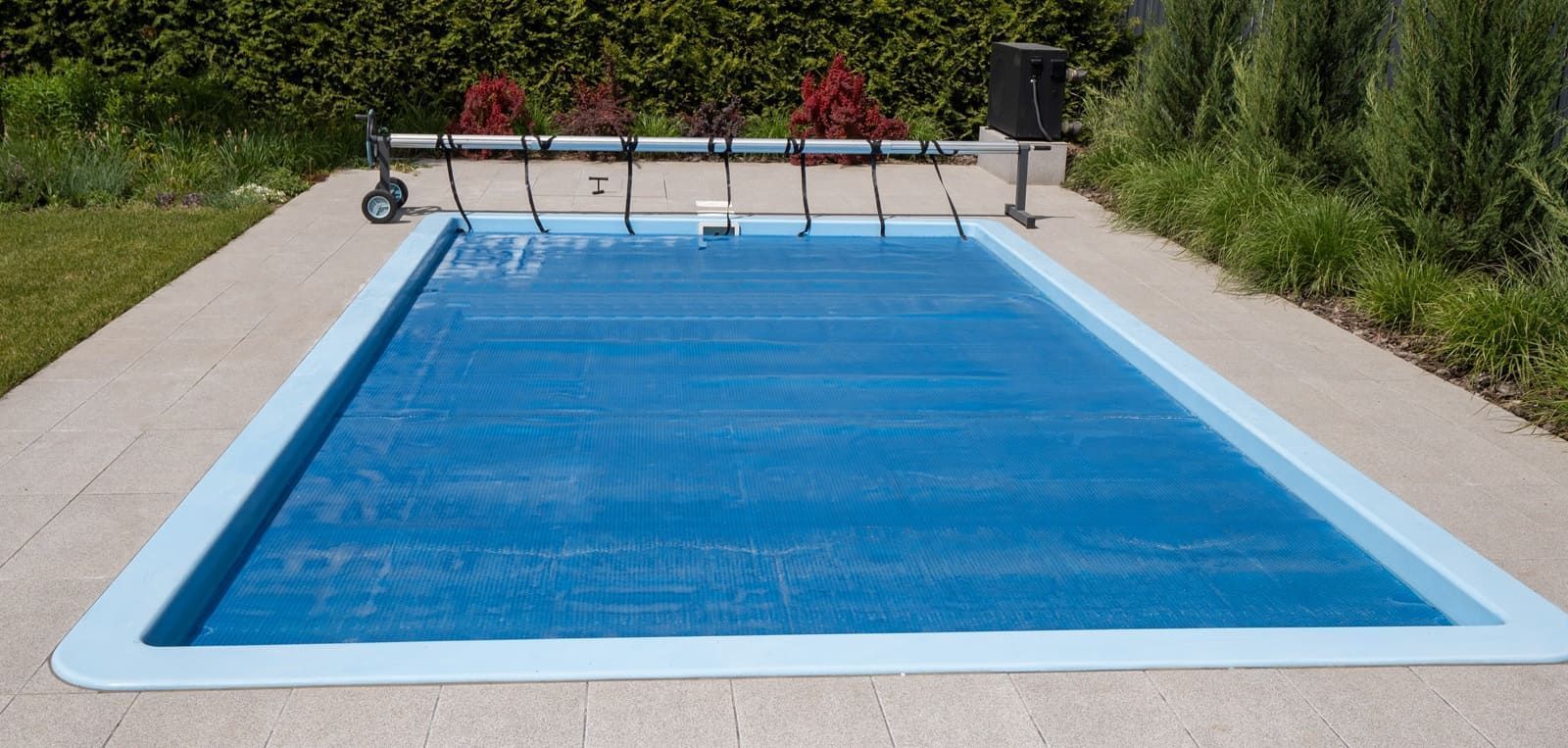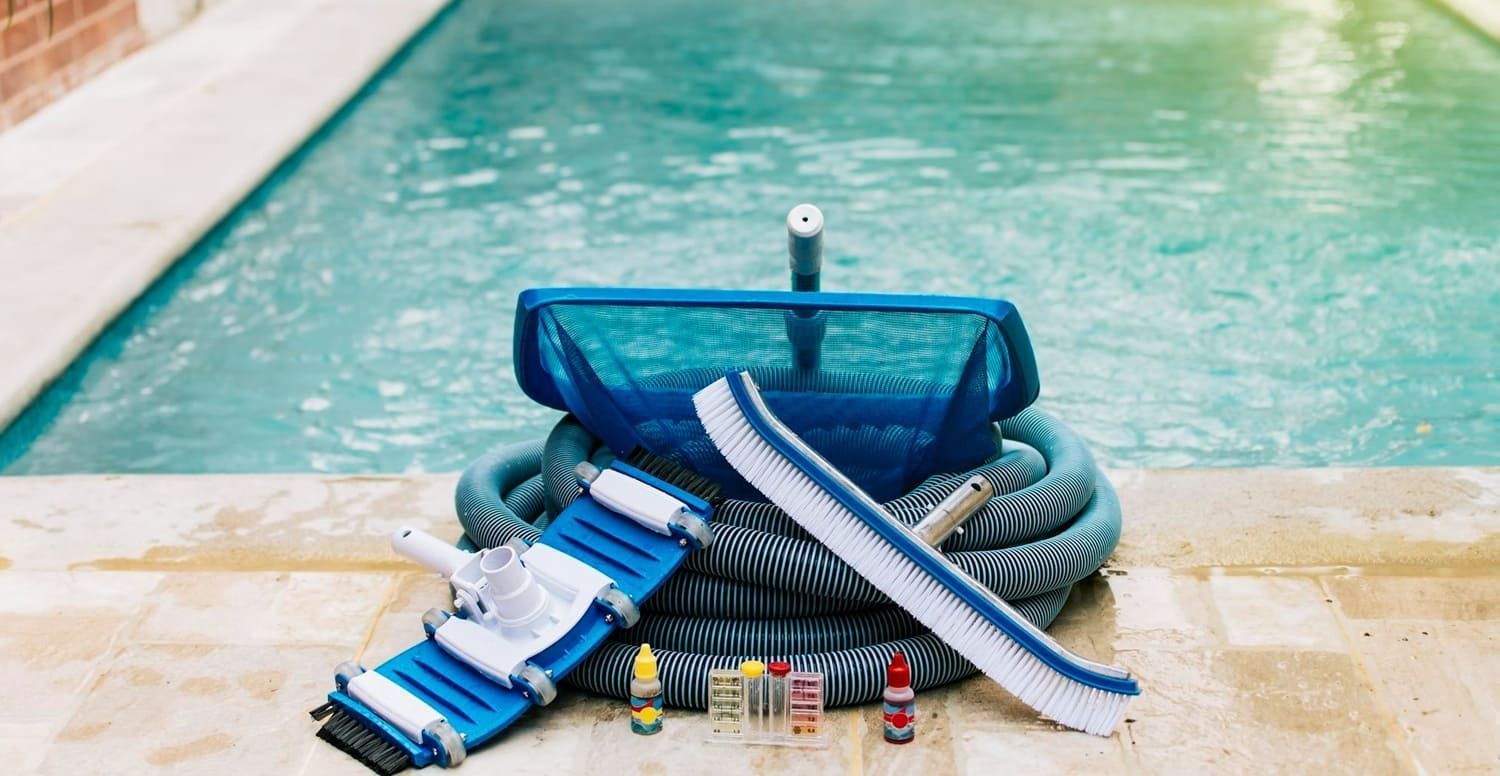Can Swimming in a Dirty Pool Make You Sick?
Swimming in a dirty pool can make you extremely sick and unwell. Read about the dangers of a dirty pool to avoid these illnesses.
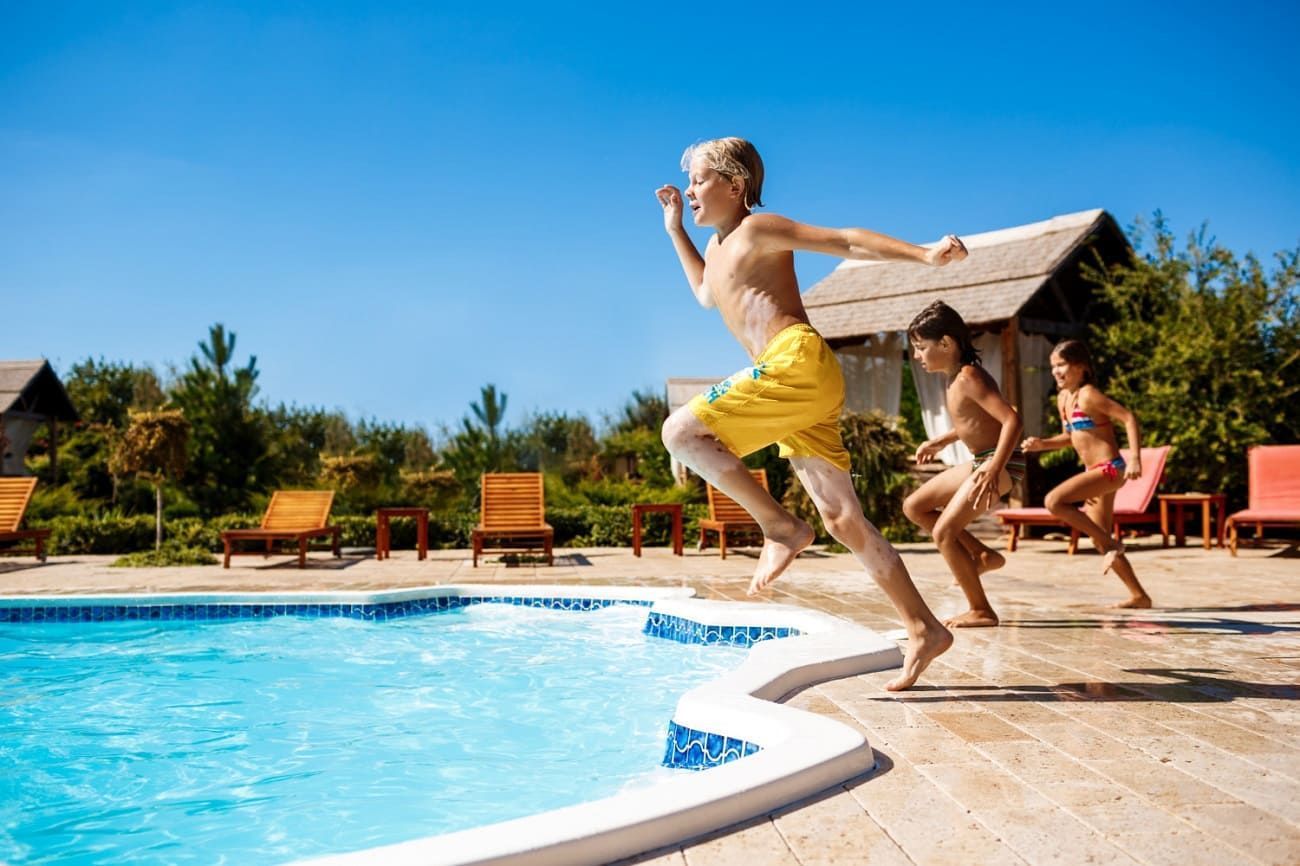
Across the United States, there are more than 10 million residential pools. These pools provide a lot of joy, but they require a lot of maintenance to remain safe. But can swimming in a dirty pool make you sick? Many people still don't know the answer to this question. They may think dirty water is nothing to worry about.
If you want to learn about the consequences of a dirty pool and to learn more about staying healthy in the water, we can help. Keep reading to find out the most important facts.
Can You Get Sick From a Dirty Pool?
Simply, yes. Water is a common source of bacteria that can cause lots of different sicknesses. Since ancient history, many people have contracted serious illnesses by entering or consuming contaminated water.
Water is often consumed accidentally when people swim (we've all had the unpleasant experience of swallowing pool water!). In other cases, water can enter the nasal passage. Alternatively, contaminated pool water can irritate the skin.
If you believe a pool is dirty, avoiding swimming in it until it is cleaned is best. Look out for cloudy water or build-ups of dirt around the pool's edge.
Common Pool Contaminants
All kinds of pools can become contaminated without proper maintenance. From indoor pools to above-ground pools, whenever human beings swim, they bring all kinds of bacteria into the water.Wear and Tear
Wear and tear is a common cause of contaminants in a pool. When tiles break off the bottom of a pool, this can cause plaster, dust, sealer, and other substances to leak into the water. When ingested, some of these substances may cause illness.
Although pool tiles should be made from non-toxic substances, they can still cause issues when contaminating water. Along with potential dangers from ingestion, they can harm you if sharp edges cut your skin.
Using a natural seal can help to reduce the risk of contaminants entering the water.
Outdoor Pools
Outdoor pools often attract lots of contaminants. Falling leaves, soil, and even bugs landing in the water can cause a build-up of bacteria in the water. Try to keep them covered when not in use and take extra care to clean outdoor pools.
Indoor Pools
Indoor pools are not exempt from the dangers of dirty water. Even when protected by a roof and walls, dirt, leaves, and bugs can still come in from outside. Household substances like dust can also get into the water and these can contain lots of contaminants.
The Dangers of Swimming in a Dirty Pool
Swimming in a dirty pool can cause a range of sicknesses. Some may cause a little discomfort, others may be fully debilitating.Hepatitis A
Hepatitis A is a liver problem that can be caused by bacteria in an unclean pool. It can be spread by feces in a pool. This illness normally clears up naturally after several weeks or months.
Urine Infections
When you swim you get your whole body in the water. So, when the water is dirty, you may be exposing your more intimate areas to danger. This could result in a urine infection.
An infection of this kind can be very painful and cause issues with urination. It may require antibiotics to treat and can be debilitating.
Salmonella
Salmonella is an infection that impacts the intestines. It can cause a fever, abdominal pain, and diarrhea. Although salmonella is most often contracted from eating uncooked meat or fish, the causes of this illness may also be present in swimming pools.
Skin Issues
A dirty swimming pool can cause skin problems like rashes. Conditions like swimmer's itch and seabather's eruption are common when people swim in contaminated pools. These problems are more common when people have skin breaks. If you have cuts or other breaks in the skin, make an extra effort to avoid swimming, especially in dirty water. If you have to swim, cover any skin breaks with waterproof bandaids to prevent infections. Ironically, some skin issues can be caused by a clean swimming pool. Certain people may develop a rash in response to chlorine.
Diarrhea
Diarrhea is a common sickness caused by various bacteria that can thrive in an unclean pool. Diarrhea often occurs as a symptom of other swimming-related illnesses, such as salmonella. The bacteria known as giardia is often present in swimming pools. It can cause diarrhea if ingested. Normally, it is eliminated by chlorine.

Keeping a Pool Clean
Pools need regular maintenance to avoid becoming contaminated. As a rule, pools should be chlorinated, as this chemical will eliminate most dangerous bacteria in a pool. Be sure to monitor chlorine levels continuously and add a new large dose of chlorine every two weeks.
But not everyone has the time to carry out the necessary cleaning. We are all busy with work and family issues. If you can't find the time to carry out the necessary maintenance, consider hiring a company to help you keep your pool clean and safe.
Another great way to keep a pool clean is to ensure everyone who uses it is clean. Ask all swimmers to take a shower before getting in the water, as this will help to remove lots of harmful bacteria. You may also wish to prevent babies still in diapers from swimming in your pool, as feces in the water is a common source of contaminants.
Quality Pool Cleaning ForYou
Swimming in a dirty pool can definitely make you sick. There are several contaminants that can cause major problems for you. But with the right maintenance services, you can avoid these issues and enjoy swimming in a clean pool.
If you're looking for help with
LayorCare Pool & Patio can help! We offer a wide variety of sealants and cleaners that can help you to keep your pool clean and well-maintained. Check out our variety of products today to enjoy swimming safely!
Recent Posts
